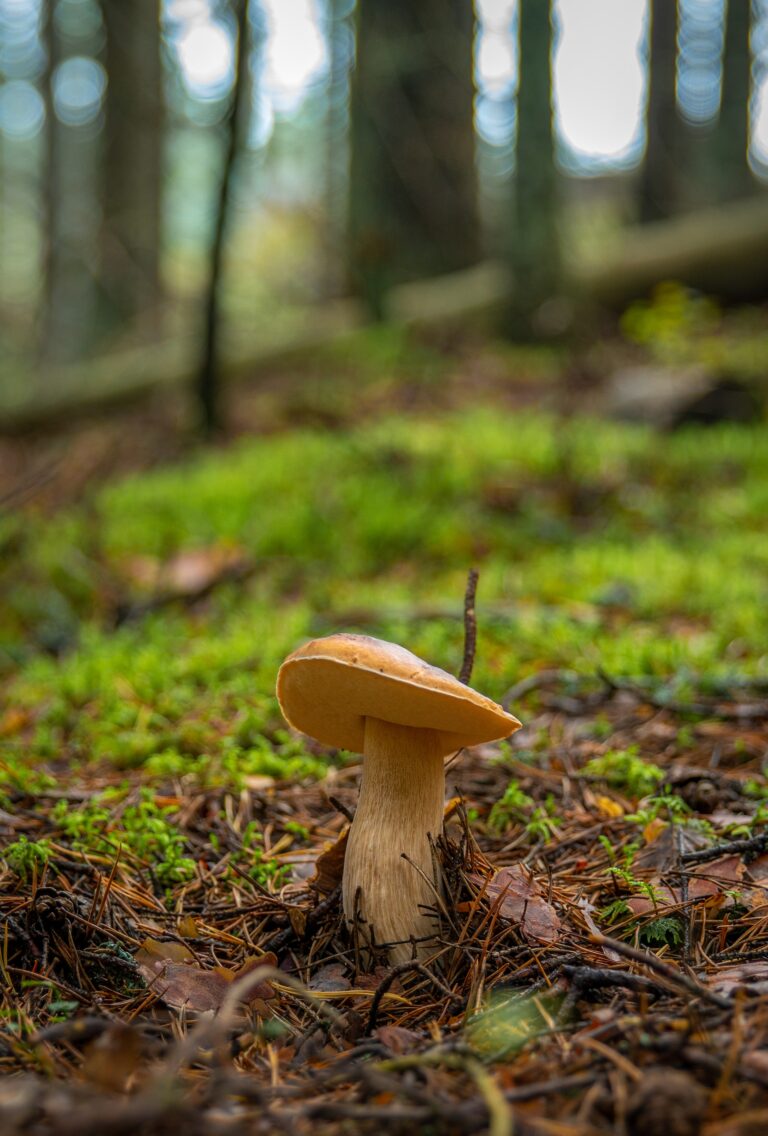Is Psilocybin Legal in Tunisia?
Psilocybin, a naturally occurring psychedelic compound found in certain species of mushrooms, is illegal in Tunisia. The use, possession, sale, and cultivation of psilocybin mushrooms are strictly prohibited under Tunisian law. Tunisia has stringent drug laws, and those found guilty of violating these laws can face severe penalties, including imprisonment and hefty fines.
What Terms Are Used for Psilocybin Mushrooms in Tunisia?
In Tunisia, psilocybin mushrooms may be referred to by various names, such as:
- Champignons magiques (magic mushrooms)
- Champignons hallucinogènes (hallucinogenic mushrooms)
- Champignons psychédéliques (psychedelic mushrooms)
It is essential to be aware of these terms, as using or discussing psilocybin mushrooms may attract unwanted attention from law enforcement.
Is It Legal to Grow Psilocybin Mushrooms in Tunisia?
Growing psilocybin mushrooms is illegal in Tunisia. The cultivation, sale, and possession of these mushrooms are prohibited under Tunisian drug laws. Individuals found guilty of growing psilocybin mushrooms may face severe penalties, including imprisonment and substantial fines.
What Are the Penalties and Enforcement for Psilocybin Use in Tunisia?
Tunisia has strict drug laws, and the penalties for using, possessing, selling, or cultivating psilocybin mushrooms can be severe. Some of the potential consequences include:
| Offense | Penalty |
|---|---|
| Use or possession | Imprisonment for 1 to 5 years and a fine of 1,000 to 3,000 Tunisian Dinars (approximately $360 to $1,080) |
| Sale or distribution | Imprisonment for 10 to 20 years and a fine of 10,000 to 50,000 Tunisian Dinars (approximately $3,600 to $18,000) |
| Cultivation | Imprisonment for 6 months to 5 years and a fine of 500 to 2,500 Tunisian Dinars (approximately $180 to $900) |
It is important to note that these penalties can be even more severe for repeat offenders or those involved in organized drug trafficking.
What Government Laws and Resources Regulate Psilocybin in Tunisia?
Psilocybin is regulated in Tunisia under the country’s drug laws, specifically the Law No. 92-52 of 18 May 1992 on Narcotics. This law outlines the legal framework for controlling the use, possession, sale, and cultivation of drugs, including psilocybin mushrooms. The law also establishes the penalties for violating these regulations.
The National Institute of Prevention and Health Education (INPFP) is a Tunisian government agency responsible for promoting public health, including the prevention of drug use. The INPFP provides information and resources related to drug prevention, education, and treatment in Tunisia.
In conclusion, psilocybin and psilocybin mushrooms are illegal in Tunisia, with severe penalties for those found guilty of violating the country’s drug laws. It is essential to be aware of the legal status and risks associated with psilocybin use in Tunisia, as well as the resources available for prevention and treatment of drug use disorders.
